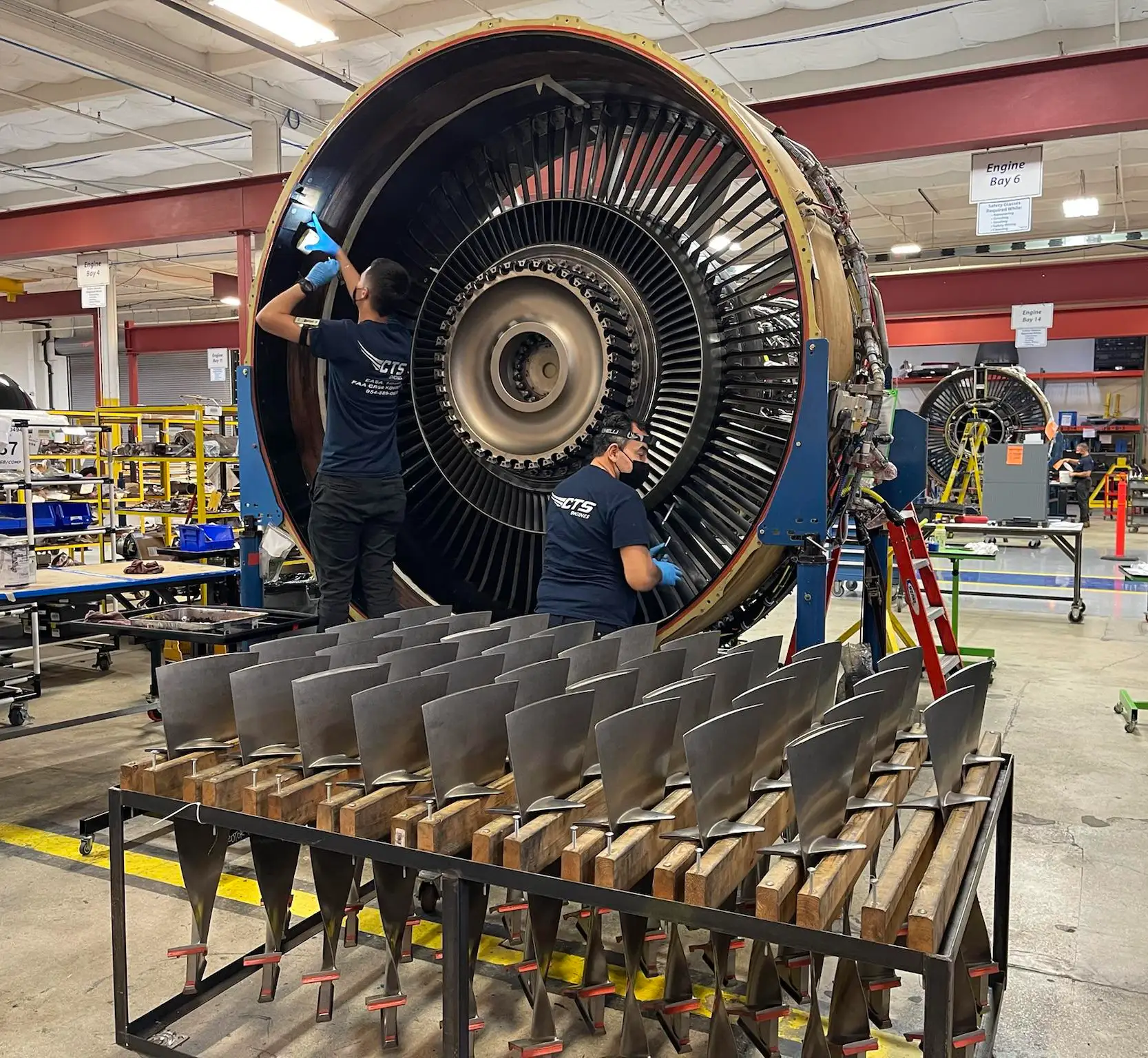Exactly How Engines For Africa Delivers Worth and Efficiency
Wiki Article
A Total Overview to Selecting the Right Engine for Your Project
Choosing the appropriate engine for your job is an important choice that can considerably influence its overall success. It is critical to carefully specify your task requires, evaluate performance demands, and take into consideration user-friendliness alongside other necessary variables. Additionally, comprehending the area assistance available and scrutinizing cost effects can additionally refine your selection. Each of these aspects plays an essential function in making sure that your selected engine not just fulfills instant goals yet also aligns with lasting ambitions. As we discover these considerations, you may discover that the nuances of each element expose greater than initially expected.Define Your Task Demands
Specifying your job needs is a crucial action in picking the suitable engine for successful execution. An extensive understanding of your job's goals will lead you in determining the features and capacities needed from an engine. Begin by outlining the extent of your project, consisting of the desired performance, target audience, and the certain outcomes you aim to accomplish.
Next, think about the technological requirements that line up with your task goals. This consists of evaluating the compatibility of the engine with existing systems, in addition to the shows languages and structures that will be made use of. Additionally, examine the degree of scalability required to fit future development or changes popular.
Spending plan constraints likewise play a crucial duty in defining your project needs. Develop a clear economic framework to direct your decision-making procedure, guaranteeing that the engine chosen fits within your spending plan while giving the necessary performance.
Evaluate Performance Requirements

Engines that support horizontal scaling are typically more effective for larger applications. Furthermore, review the engine's efficiency under various problems, such as peak usage situations, to ensure it meets your reliability standards.
Consider Ease of Usage
While technological specs are necessary, the simplicity of use of an engine can considerably impact the growth process and overall task success. An instinctive user interface, clear paperwork, and streamlined operations can drastically lower the discovering curve for developers, allowing them to focus on creativity and analytic instead than grappling with facility tools.When evaluating an engine's convenience of use, consider the onboarding experience. A well-structured intro, complete with tutorials and example jobs, can promote a smoother change for new individuals. Furthermore, the clearness and comprehensiveness of the engine's documentation play an essential duty; detailed guides and API referrals can empower programmers to fix and apply functions successfully.
One more facet to think about is the engine's modification abilities. An engine that enables easy adjustments can be more easy to use, as programmers can tailor it to fit their certain needs without substantial hassle. Finally, assess the process assimilation with systems and devices you currently utilize. A cohesive environment can boost productivity and decrease rubbing throughout the growth procedure. Ultimately, selecting an engine that prioritizes simplicity of usage can bring about a more efficient and pleasurable development experience.
Assess Neighborhood and Support
The stamina of an engine's neighborhood and support network can significantly influence a developer's experience and success. A vibrant community often indicates a wide range of common understanding, resources, and troubleshooting aid that can boost your job's development procedure. When examining an engine, think about the size and task degree of its community. Bigger areas normally provide more discussion forums, tutorials, and third-party plugins, making it possible for designers to find remedies much more efficiently.Furthermore, review the schedule of main assistance channels. Dependable documentation, receptive customer support, and normal updates are vital for dealing with technological issues and maintaining your project on the right track. Engines For Africa. Active neighborhoods also promote collaboration, supplying opportunities for networking and responses, which can be indispensable, specifically for independent designers or tiny teams
In addition, examine the existence of community-run events, such as hackathons or meetups. These celebrations can enrich your understanding of the engine while connecting you with skilled individuals and possible partners. In recap, a durable community and support system not only enhance growth but also produce an atmosphere for finding browse around this site out and innovation, ultimately improving the probability of your task's success.
Contrast Price and Licensing Alternatives
Budget factors to consider play an important role in picking the ideal engine for your task, as the price and licensing choices can dramatically impact both short-term costs and lasting stability. Engines For Africa. Various engines supply differing rates frameworks, which can include one-time purchase costs, registration versions, or revenue-sharing arrangements based upon your job's profits
Certifying alternatives additionally differ considerably. Some engines are open-source, supplying flexibility and community-driven assistance, while others might call for exclusive licenses that restrict usage and circulation. Recognizing the implications of each licensing design is important, as it influences possession civil liberties, future scalability, and prospective legal obligations.
Verdict
Finally, choosing the suitable engine for a project demands a comprehensive evaluation of specified job needs, efficiency demands, convenience of use, area assistance, and cost factors to consider. By systematically addressing these important elements, decision-makers can ensure placement with both current and future job needs. A knowledgeable selection eventually boosts the possibility of project success, making it possible for effective source appropriation and taking full advantage of potential outcomes within the defined monetary constraints.Picking the appropriate engine for your project is an important decision that can substantially influence its general success.Specifying your project requires is an essential action in picking the suitable engine for effective implementation. A detailed understanding of your task's objectives will lead check my blog you in identifying the capabilities and functions called for from an engine.Once you have a clear understanding of your job requires, the next action is to assess the efficiency needs of the engine.In conclusion, choosing the proper engine look at these guys for a task necessitates a thorough examination of defined job needs, efficiency requirements, simplicity of use, neighborhood assistance, and expense factors to consider.
Report this wiki page